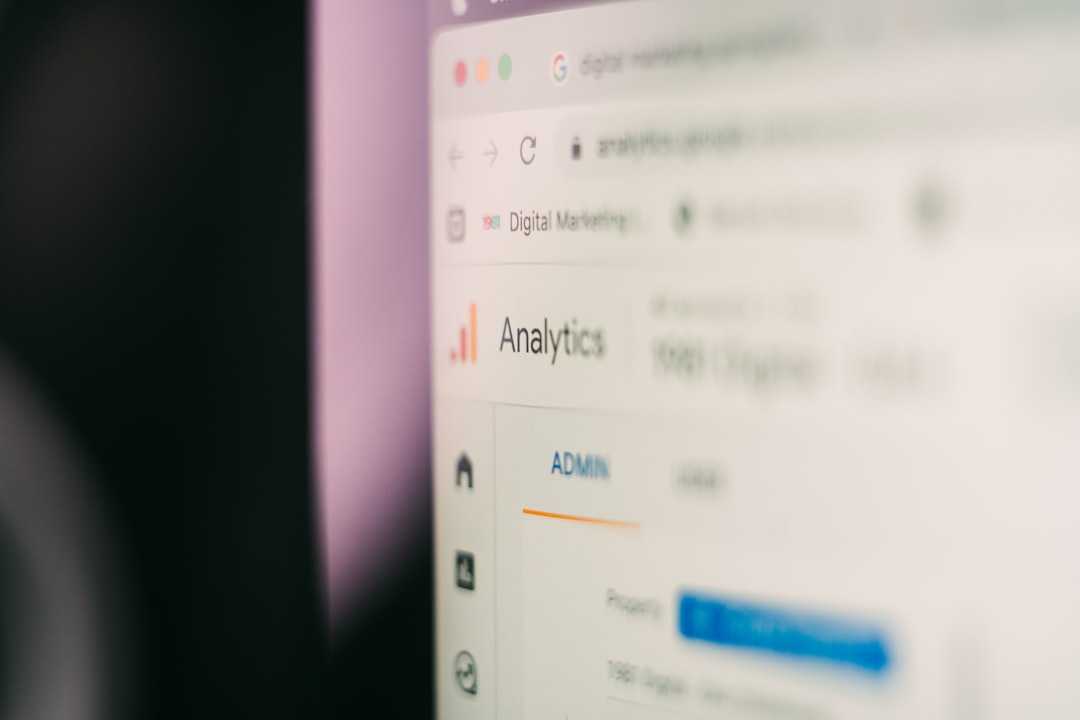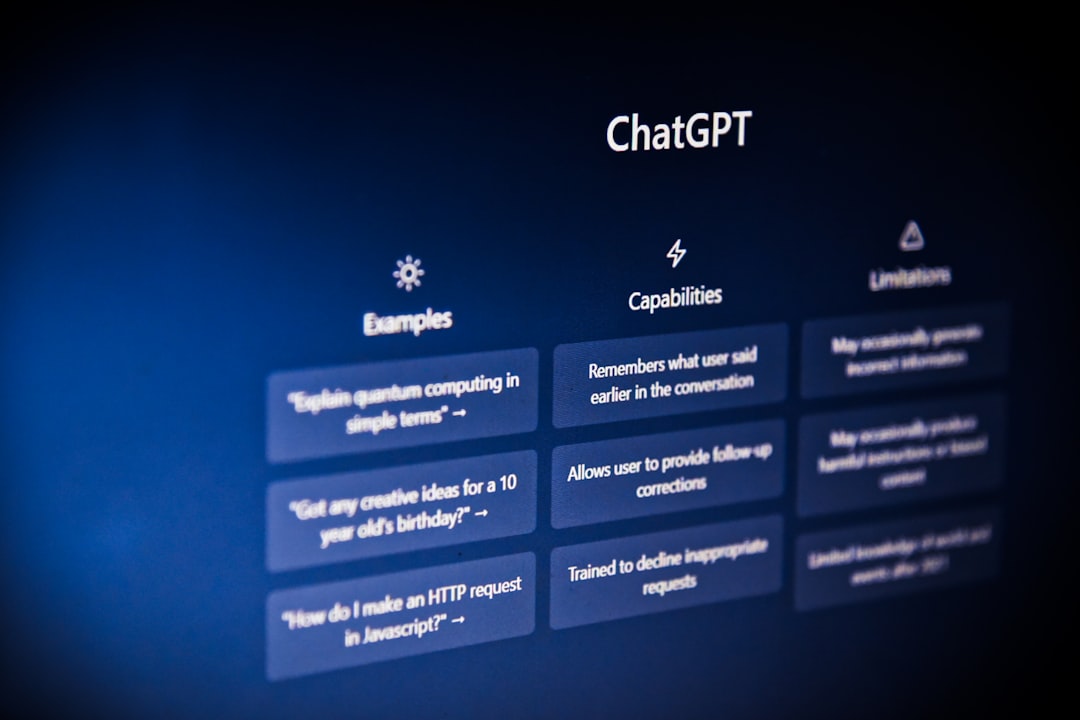In the ever-evolving landscape of digital marketing, businesses are constantly seeking innovative ways to engage customers and enhance communication. One platform that has gained enormous traction in recent years is WhatsApp. With over 2 billion users globally, WhatsApp has transformed from a simple messaging app to a powerful business tool. Now, with the rise of artificial intelligence (AI), integrating AI into WhatsApp can supercharge your marketing strategy like never before.
This guide dives into how marketers can integrate WhatsApp AI tools to automate communication, personalize customer experiences, and boost conversion rates. Whether you’re a small business or a large enterprise, using WhatsApp AI can change the way you connect with your audience.
Table of Contents
Why Use WhatsApp for Marketing?
WhatsApp is one of the most popular messaging platforms worldwide, transcending geographical and language barriers. Here’s why it stands out as a tool for marketing:
- High Engagement Rates: Messages sent via WhatsApp boast open rates of over 90% within minutes.
- Global Reach: With presence in over 180 countries, WhatsApp allows businesses to reach a global audience.
- Real-Time Communication: Engage customers instantly, improving satisfaction and loyalty.
- Cost-Effective: Communicating with customers on WhatsApp is inexpensive compared to traditional channels like SMS and email.
What Are WhatsApp AI Tools?
WhatsApp AI tools are software solutions that use artificial intelligence to automate and enhance interactions on WhatsApp. They include chatbots, analytics tools, natural language processors, and customer relationship management (CRM) integrators.
AI makes it possible to:
- Analyze customer data and behavior patterns
- Provide intelligent auto-responses
- Automate lead qualification and nurturing
- Offer 24/7 support without human intervention
Steps to Integrate WhatsApp AI Tools into Your Marketing Strategy
1. Choose the Right WhatsApp Business API
To integrate AI, you need access to the WhatsApp Business API, designed for medium to large businesses. This is different from the free WhatsApp Business App intended for small businesses. The API allows for integration with third-party platforms and advanced AI tools.
You can access the WhatsApp API through approved providers such as Twilio, MessageBird, or directly through Meta’s WhatsApp Cloud API. These platforms often offer built-in AI capabilities and CRM integrations.
2. Select an AI Chatbot Tool
Next, choose a WhatsApp AI chatbot platform that fits your needs. Some top platforms include:
- Chatfuel: User-friendly and ideal for beginners
- Dialogflow: From Google, for more complex queries and NLP capabilities
- ManyChat: Integrates seamlessly with WhatsApp and offers visual workflows
- Yellow.ai: Enterprise-grade AI platform with multilingual support

These platforms let you customize AI-based flows based on marketing goals—whether it’s collecting user data, running promotions, or offering customer support.
3. Create Intelligent Audience Segments
One of the core advantages of AI is data-driven segmentation. By analyzing user data, WhatsApp AI tools can help you group customers based on behaviors, demographics, or past interactions. This allows for:
- Sending tailored promotions
- Personalized content delivery
- Re-targeting inactive users
For example, if a customer viewed a product but didn’t purchase, your chatbot can automatically send a “Still interested?” message with a limited-time discount offer.
4. Automate Campaign Flows
Marketing automation is where WhatsApp AI really shines. Through rule-based workflows and real-time analytics, you can:
- Trigger welcome messages after sign-up
- Send campaigns based on user actions
- Schedule reminders and follow-ups
- Collect feedback and reviews automatically
Imagine a user browses a product on your site but doesn’t make a purchase. Within hours, your WhatsApp AI can follow up with an enticing promo code and a direct link to checkout. High engagement and timely interaction help in recovering lost sales.
5. Incorporate Multimedia Messaging
AI-driven WhatsApp bots can handle more than just text. You can send:
- Product images and carousels
- Short videos and demos
- Location maps or event reminders
- Contact cards and QR codes
This personalized touch enhanced by AI makes interactions visually appealing and more likely to result in conversions.

6. Analyze Campaign Results with AI
AI’s strength lies in its analytical power. WhatsApp AI tools often come with dashboards to help you track:
- Open and response rates
- Click-through performance
- Customer satisfaction ratings
- Sales attribution
Beyond just reporting, AI tools also generate predictive insights. For instance, if customers frequently ask similar questions before purchasing, you can optimize those answers in the chatbot to close sales faster.
Real-World Use Cases of WhatsApp AI in Marketing
E-commerce
AI bots can guide users through product recommendations, transactional support, order tracking, and post-purchase reviews—all on WhatsApp. Personalized messages can be sent during sales events, increasing purchases and customer loyalty.
Education and Training
EdTech companies use AI bots to send reminders, deliver study materials, and answer FAQs about courses. This keeps students engaged and reduces administrative overhead.
Travel and Hospitality
Use AI tools to confirm bookings, send travel itineraries, and answer location-specific questions. The always-on support makes travelers feel secure and appreciated.
Tips to Maximize Results
- Human + AI Balance: Always offer an option to “talk to a human” for more complex issues.
- Respect Privacy: Comply with data protection laws and always allow opt-outs.
- Test Frequently: Use A/B testing to find the most effective messaging and workflows.
- Educate Your Audience: Inform your customers they can interact with your brand on WhatsApp and what benefits it brings.
Future Trends in WhatsApp AI Marketing
As AI continues to evolve, several exciting trends are emerging in WhatsApp marketing:
- Hyper-Personalization: Messages crafted in real-time based on behavior patterns and preferences.
- Voice AI: Voice-enabled bots are gaining popularity and could be a game changer in customer interactions.
- Full-Funnel Automation: From awareness to conversion, every stage of the funnel can be managed via WhatsApp.
Conclusion
Integrating WhatsApp AI tools into your marketing strategy is no longer a luxury—it’s a necessity. With increased customer expectations and a crowded digital space, automation and personalization can make all the difference. By selecting the right AI tools, designing effective workflows, and continuously analyzing performance, businesses can unlock new levels of efficiency and engagement.
The future of marketing is conversational, smart, and always-on. Embrace WhatsApp AI today, and position your business at the forefront of innovation.




